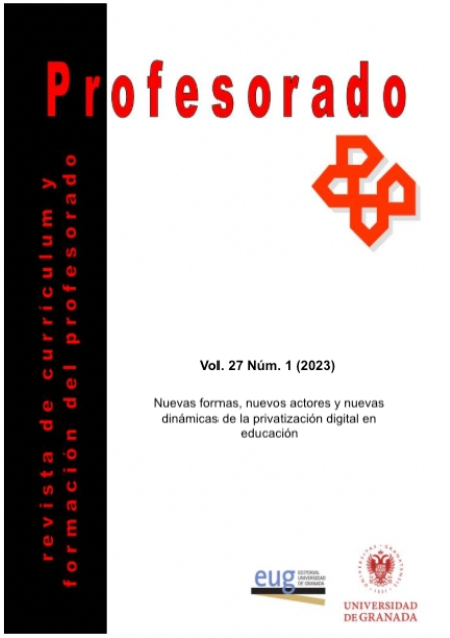Gender equality and teacher training in Spain: between utopia and reality.
DOI:
https://doi.org/10.30827/profesorado.v27i1.21192Abstract
INTRODUCTION. Teachers are social agents of change who can promote horizontal and equal relationships through their teaching practices. Thus, it is fundamental to offer a critical and democratic teacher training that tends to eliminate inequalities and oppressions and that values diversity in all its forms. METHOD. 37 Equality Plans and 2132 Teaching Guides belonging to the 2019-2020 academic year of the Spanish public universities that offer the Degree in Primary Education are analyzed from a gender perspective. We consider the language, the subjects, the competences, the objectives and the contents, the absence or existence of resources and materials and the bibliographic sources. RESULTS. All the analyzed universities but one have Equality Plans, but these are endowed with different resources and follow different guidelines and objectives. Most of the Teaching Guides use a language that encourages the invisibility of women, they lack competencies, content, objectives, and coeducational resources and have an unequal distribution between the women and men present in the bibliography. Only ten universities have subjects that include gender equality as one of their main themes. DISCUSSION AND CONCLUSSIONS. Even though the training given in the Spanish universities is diverse and we observe certain initiatives that try to raise awareness about gender equality, the studies are covered by deficient curricula that do not comply with the legislation and the current social needs.



















